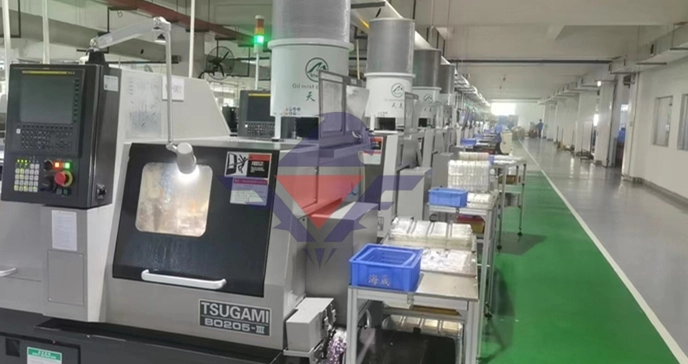
# Endotoxin Assay Kits for Accurate Bacterial Toxin Detection
## What Are Endotoxins?
Endotoxins are lipopolysaccharides (LPS) found in the outer membrane of Gram-negative bacteria. These toxic substances can cause fever, septic shock, and other serious health complications when introduced into the bloodstream or sterile tissues. Accurate detection of endotoxins is crucial in pharmaceutical manufacturing, medical device production, and various research applications.
## The Importance of Endotoxin Testing
Endotoxin testing is essential for:
– Ensuring the safety of injectable drugs and medical devices
– Monitoring water quality in pharmaceutical production
– Controlling contamination in biotechnology processes
– Researching inflammatory responses and sepsis mechanisms
## How Endotoxin Assay Kits Work
Modern endotoxin assay kits typically utilize the Limulus Amebocyte Lysate (LAL) test, which is derived from horseshoe crab blood. These kits offer several advantages:
– High sensitivity (detection in the range of 0.001-10 EU/mL)
– Rapid results (typically within 15-90 minutes)
– Quantitative measurement capabilities
– Compatibility with various sample types
## Types of Endotoxin Assay Kits
### Gel Clot Assay Kits
The simplest form of LAL test that provides qualitative or semi-quantitative results through gel formation.
### Chromogenic Assay Kits
These kits measure endotoxin concentration by detecting color change from a chromogenic substrate, offering quantitative results.
### Turbidimetric Assay Kits
These measure the increase in turbidity caused by the clotting reaction, providing quantitative endotoxin levels.
### Recombinant Factor C (rFC) Assay Kits
A synthetic alternative to traditional LAL tests that doesn’t require horseshoe crab blood.
## Choosing the Right Endotoxin Assay Kit
When selecting an endotoxin assay kit, consider:
– Required sensitivity and detection range
– Sample matrix and potential interferences
– Throughput needs and automation compatibility
– Regulatory requirements (USP, EP, JP compliance)
– Budget and cost-per-test considerations
## Applications Across Industries
Endotoxin assay kits are used in:
– Pharmaceutical quality control
– Medical device manufacturing
– Biotechnology research
– Vaccine development
– Environmental monitoring
– Food safety testing
## Best Practices for Endotoxin Testing
To ensure accurate results:
– Maintain proper aseptic technique
– Validate the testing method for your specific application
– Control environmental contamination
– Regularly test reagents and equipment
– Follow manufacturer instructions precisely
– Document all procedures and results thoroughly
## The Future of Endotoxin Detection
Keyword: Endotoxin Assay Kits
Emerging technologies in endotoxin detection include:
– Microfluidic-based detection systems
– Enhanced recombinant assay methods
– Automated high-throughput platforms
– Improved sample preparation techniques
– Multiplexed detection with other contaminants
By utilizing the appropriate endotoxin assay kit for your specific needs, you can ensure product safety, regulatory compliance, and reliable research outcomes in your bacterial toxin detection efforts.
